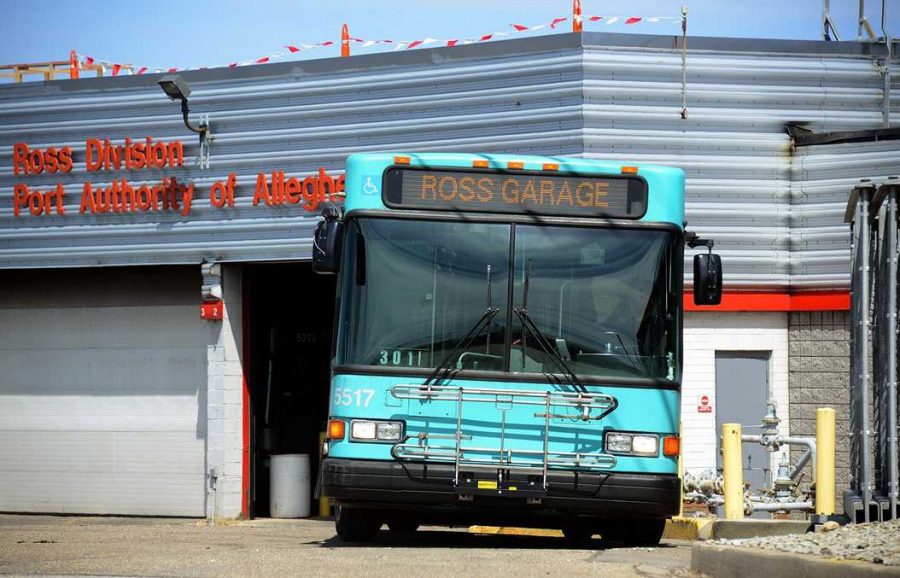Our journeys on the Port Authority buses may soon come to a halt.
In an audit of the Pennsylvania Turnpike Commission last week, State Auditor General Eugene DePasquale noted that the Port Authority of Allegheny County could lose much of its funding in just six years because the Turnpike Commission’s debt.
According to the report, the Turnpike Commission will be able to cut its annual payments to the Pennsylvania Department of Transportation from $450 million annually to $50 million by the fiscal year of 2022-2023. When it does so, though, PennDOT, which uses the money to pay for public transit, will be without a way to fill the gap.
PennDOT is one of the main sources of funding for the Port Authority, responsible for 50 to 60 percent of its funding each year since 2007.
Because of the Turnpike Commission’s significant amount of debt, the cut is supposed to alleviate its current financial burden. The change comes after the Turnpike Commission asked state lawmakers to lower its payments to PennDOT, which they did with a law called Act 89.
The change, though, will have a serious negative effect on Pittsburgh’s public transit and could halt the future plans of Port Authority’s improvements.
While lawmakers have yet to find a solution, alternative sources of funding are necessary to sustain Port Authority.
One solution could be adding a toll fee to Interstate 80, which PennDOT, state lawmakers and the Turnpike Commission proposed years ago. However, the federal government has shot down this proposal, as it would cause limited access to free highways. Another fix, then, could be increasing the tax on gasoline or some other commodity.
One proposal which should be off the table is sourcing the funds through cutting into other state programs such as education or welfare. These programs are crucial to serving Pennsylvanians — as is public transportation — and are already underfunded. In order to combat this deficit, we need bold solutions that will not hurt essential programs.
We can complain all we want about Pittsburgh’s deteriorating infrastructure, but the Turnpike Commission’s debt could harm any improvement effort on the city’s transportation system if lawmakers don’t find a way to replace the money PennDOT will soon lose. We can all agree that Pittsburgh is in dire need of better public transportation, which is why we must call on our lawmakers to prioritize public transit and look for new sources of revenue.
According to the Port Authority’s annual service report, the agency has the highest operating costs, one of the lowest passengers per service hour and lowest time its vehicles are in service when on the road in comparison to similar agencies across the country.
Port Authority CEO Ellen McLean has vowed to address these issues by making PAT buses more efficient. In January, they will switch from a two-tiered system of fares to a flat rate for passengers using a ConnectCard in order to drive down fare costs and eliminate waiting time.
The agency also announced this summer that it would eliminate unnecessary bus stops, install pay kiosks and new bus stop signs and include more traffic lights using the Surtrac system, allowing buses to have less waiting time at intersections.
But without sufficient funding, these problems cannot be fixed. Funding public transit is important because it reduces pollution, congestion and auto injuries and death. We have all interacted with PAT buses at some point, so it’s naive to think this will not impact our commutes.
With the end of the Turnpike Commission’s payments coming in just six years, we should push our lawmakers to fund public transit in alternative ways. Just because the Turnpike Commission won’t be responsible for funding our state’s transportation system anymore doesn’t mean lawmakers should give up on it.
Love or hate Pittsburgh’s public transit, we should fund it wholeheartedly.



